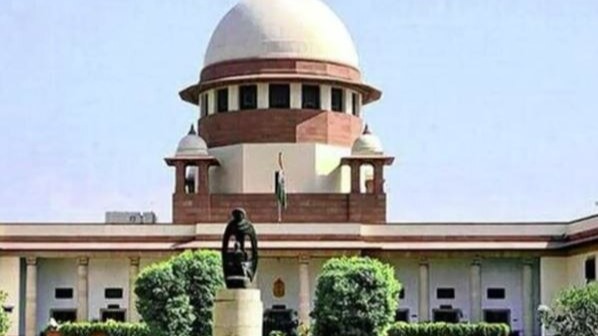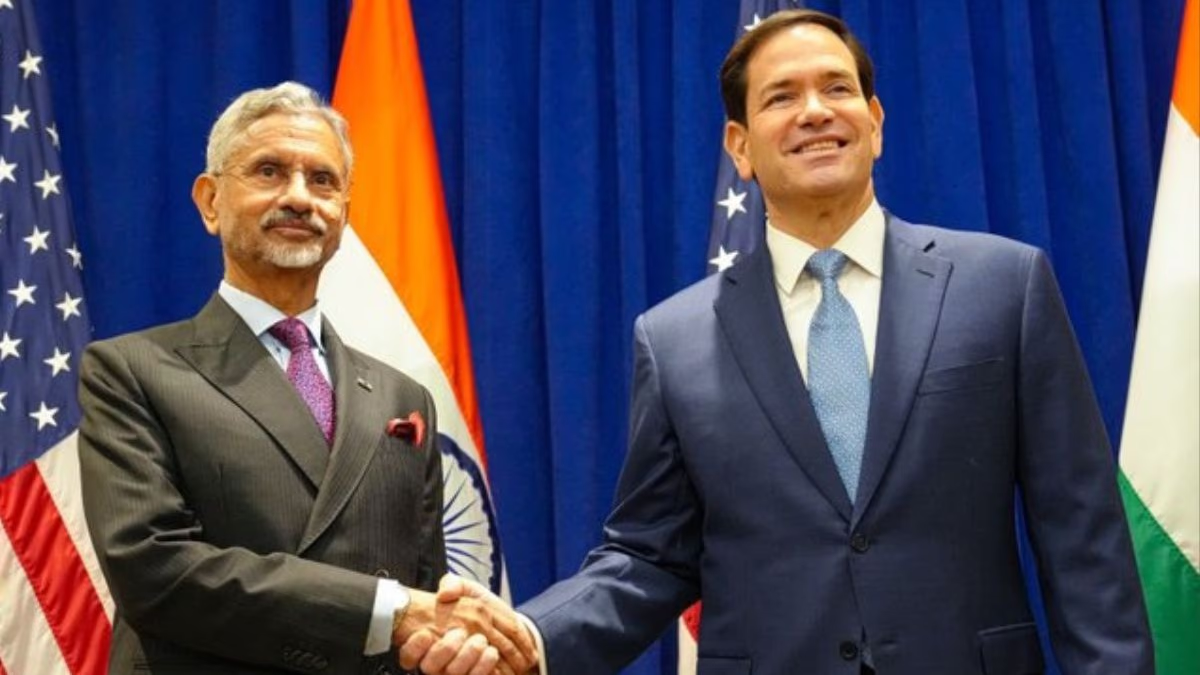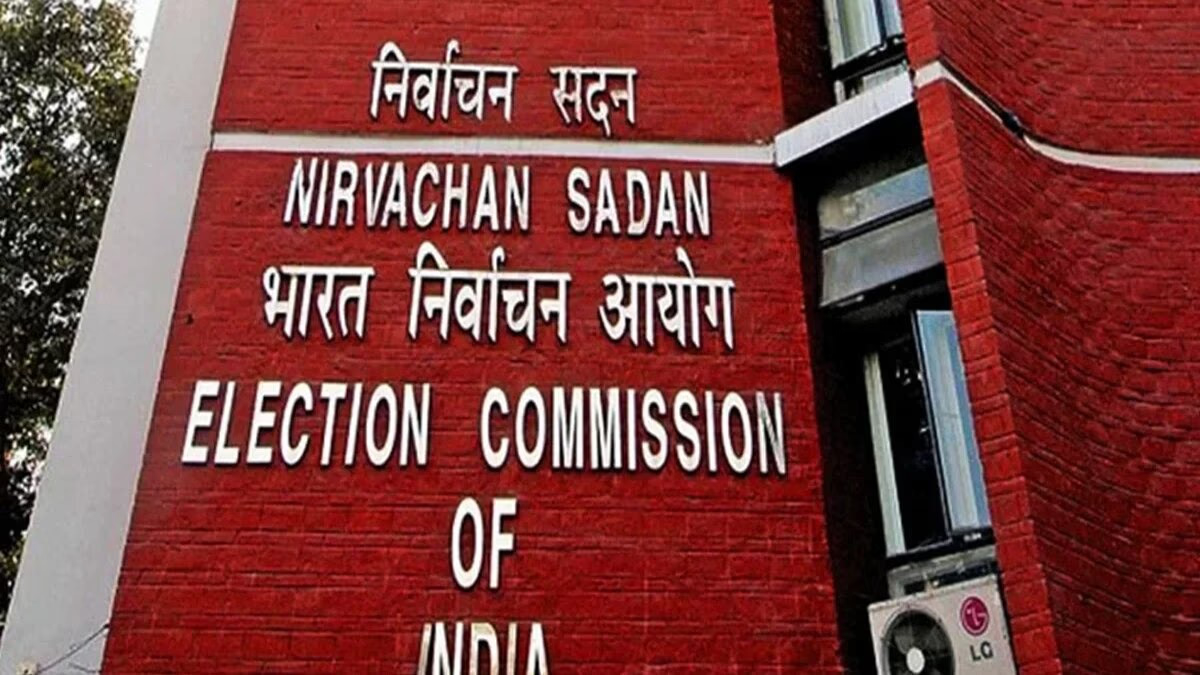Following the Madhya Pradesh High Court's verdict, the Archaeological Survey of India (ASI) team was assigned the scientific survey of Bhojshala. The Muslim party, contesting the survey, has now knocked on the doors of the Supreme Court seeking a halt to this scientific examination. The apex court is set to hear the case on Monday, April 1st.
The Muslim party has challenged the decision of the Madhya Pradesh High Court's Indore bench at the Supreme Court, seeking to stop the survey currently underway at Bhojshala. The Supreme Court, comprising Justices Rishikesh Roy and Prashant Kumar Mishra, will hear the petition on April 1st.
High Court Ordered Survey on March 11
On a petition by Hind Front for Justice, the Indore bench of the Madhya Pradesh High Court, comprising Justice Sushrut Arvind Dharmadhikari and Devnarayan Mishra, ordered ASI on March 11 to conduct a scientific survey including Ground Penetration Radar systems and other available scientific methods within a fifty-meter radius as needed.
Read On: Dhar: ASI Team Excavates Bhojshala Premises on Seventh Day - Muslim Party Raises Questions
Report Must Be Submitted Before April 29
The court stated that a thorough scientific investigation should be conducted, including carbon dating methods, to determine the age of structures both above and below the ground. The proceedings should be conducted in the presence of two representatives from both parties and must be videographed. The next hearing for the case is scheduled for April 29, by which time the ASI must submit its report, as ordered by the court.
Raja Bhoj Founded Bhojshala
According to Hindu organizations, Kamal Maulana Mosque, located in Dhar, is actually the Bhojshala Saraswati temple built in 1034 AD by King Bhoj for the study of Sanskrit, but was later destroyed by Mughal invaders. The Hindu Front for Justice had applied to the High Court seeking a scientific survey of the same premises, leading to the current scenario.
Also Read: Bhojshala ASI Survey Day 5: Crowds of Hindu Devotees Gather for Rituals, Women Sing Hymns
The History of Bhojshala
It is noteworthy that the Parmar dynasty ruled Dhar a thousand years ago. King Bhoj governed the area from 1000 to 1055 AD. A devoted follower of Goddess Saraswati, he established an academic institution in 1034 AD that eventually became known as 'Bhojshala.' It was also revered as a Hindu Saraswati temple.
History indicates that in 1305 AD, Alauddin Khilji demolished Bhojshala. Later, in 1401 AD, Dilawar Khan Gauri constructed a mosque within a part of it, and Mahmud Shah Khilji built another mosque there in 1514 AD.
Legend has it that during an excavation in 1875, a statue of Goddess Saraswati was unearthed. This statue was taken to London by a Britisher named Major Kincaid and is currently housed in a museum in London. The petition filed in the High Court also includes a plea to bring this statue back from London.




